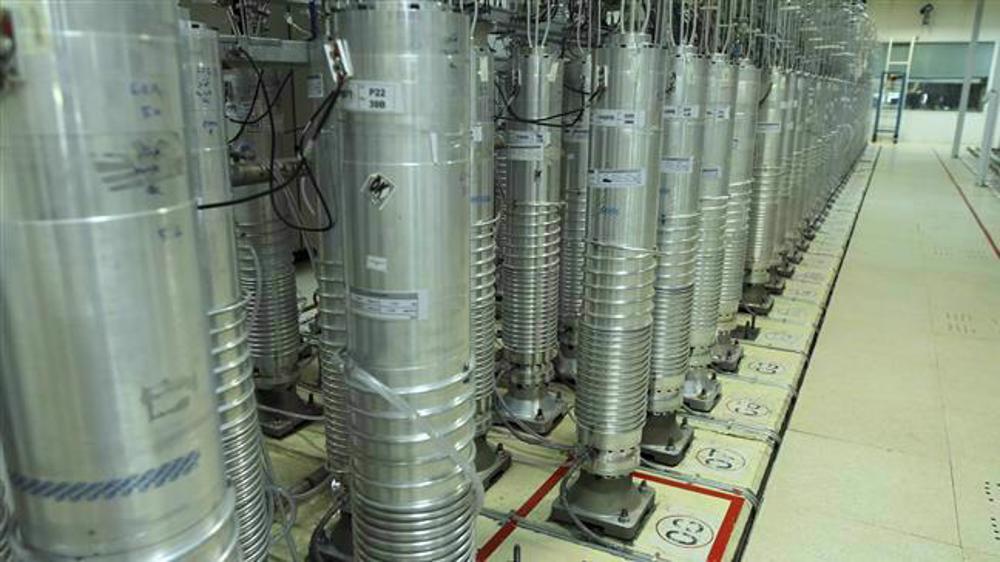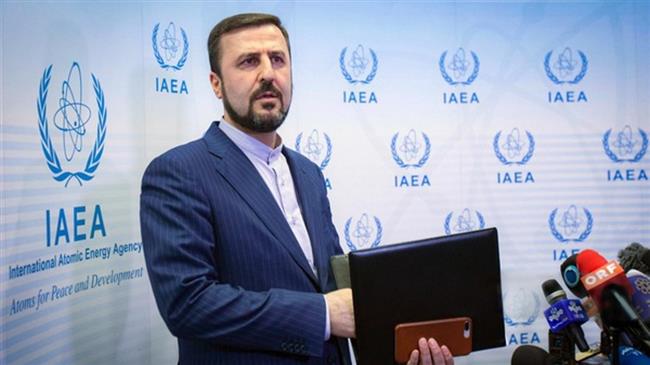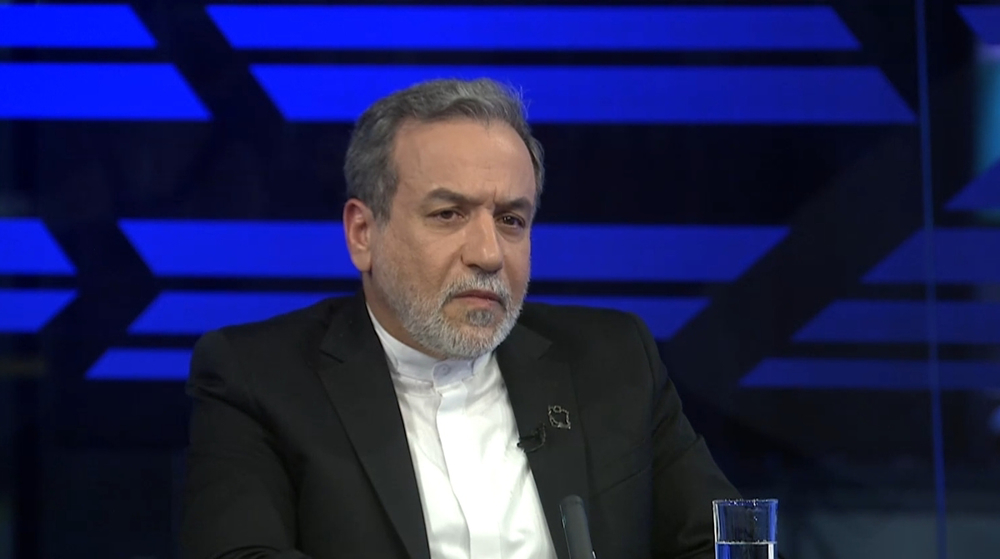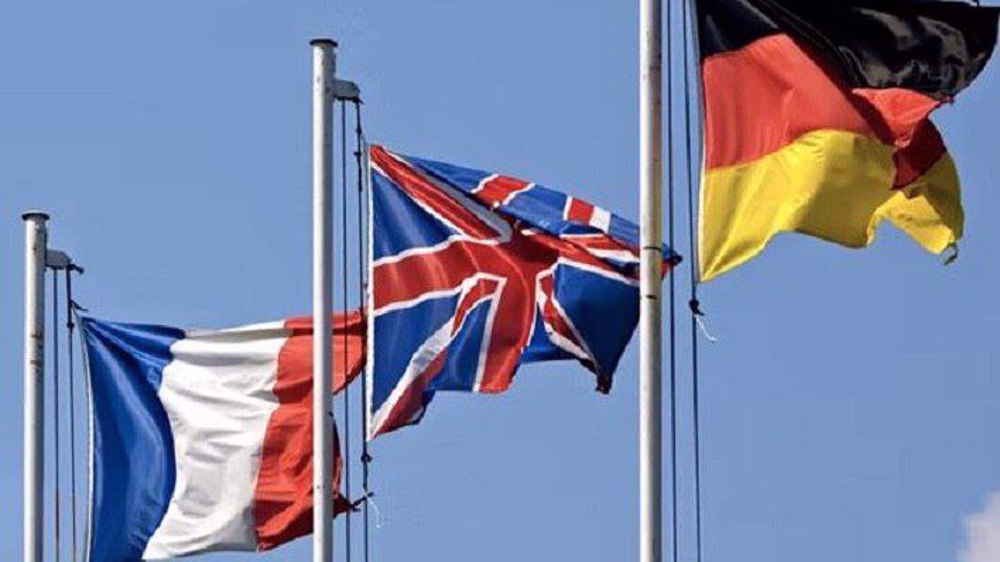European signatories to JCPOA urge Iran to restart Vienna talks ‘as soon as possible’
The three European signatories to a landmark nuclear deal between Iran and world powers, officially known as the Joint Comprehensive Plan of Action (JCPOA), have urged Iran to return to talks aimed at reviving the agreement “as soon as possible.”
Germany, France, and the UK made the request in a Thursday statement in which they also expressed concern about a recent report by the International Atomic Energy Agency, in which the UN nuclear watchdog said Iran has made progress in its work on enriched uranium metal, and has “200 g of uranium metal enriched up to 20% U-235” for the first time and lifted production capacity of uranium enriched to 60 percent.
Claiming that Iran’s new activities were in contravention to the nuclear deal, the three countries said, “Iran must halt activities in violation of the Joint Comprehensive Plan of Action (JCPOA) without delay.”
"We urge Iran to return to the negotiations in Vienna as soon as possible with a view to bringing them to a swift, successful conclusion. We have repeatedly stressed that time is on no-one's side," they added.
The statement came despite the fact that Iran's representative to the international organizations in Vienna had informed the IAEA in July that the Islamic Republic would soon produce enriched uranium metal.
Kazem Gharibabadi said that the uranium silicide plate enriched to 20 percent purity would be used as fuel for a research reactor in the capital, Tehran.
Iran’s Foreign Ministry spokesman also responded to the IAEA’s report a day later, saying that the country’s nuclear activities were fully in line with its commitments under the Non-Proliferation Treaty (NPT) and the JCPOA.
Saeed Khatibzadeh added that the IAEA has been supervising Iran’s nuclear sites and that Iran’s reduction of its nuclear curbs has been done according to mechanisms within the JCPOA.
Since April, representatives from Iran and the remaining signatories to the JCPOA -- Britain, France, Germany, Russia and China -- have been holding face-to-face talks in the Austrian capital aimed at bringing the US back to compliance and putting the deal back on track.
So far, six rounds of negotiations have been held in the Austrian capital, as a result of which, according to participants, “significant progress” has been made in the course of the “constructive” and “businesslike” talks.
However, disagreements have persisted over a number of issues, including how to sequence the US sanctions removal, with Tehran arguing that since Washington was the party that violated the terms of the agreement, it should take the first step back into compliance with the deal by removing its unilateral sanctions.
Iran’s President Ebrahim Raeisi told his French counterpart Emmanuel Macron on August 9 that the rights of the Iranian nation must be guaranteed in any negotiations and its interests must be met.
Hamas thanks Iran, Resistance Front following achievement of ceasefire in Gaza
'Capitulation': Israeli officials and media concede Gaza defeat as truce unfolds
'Gaza has won': Social media users react to ceasefire with mix of relief, joy
Iran seeks South Korea’s assistance for AI, fiber-optic projects
VIDEO | Iran's 'Eqtedar' (Power) maneuver
Israel hits HTS military target in Syria for 1st time since fall of Assad
VIDEO | Press TV's news headlines
Israel has slaughtered 13,000 students in Gaza, West Bank













 This makes it easy to access the Press TV website
This makes it easy to access the Press TV website